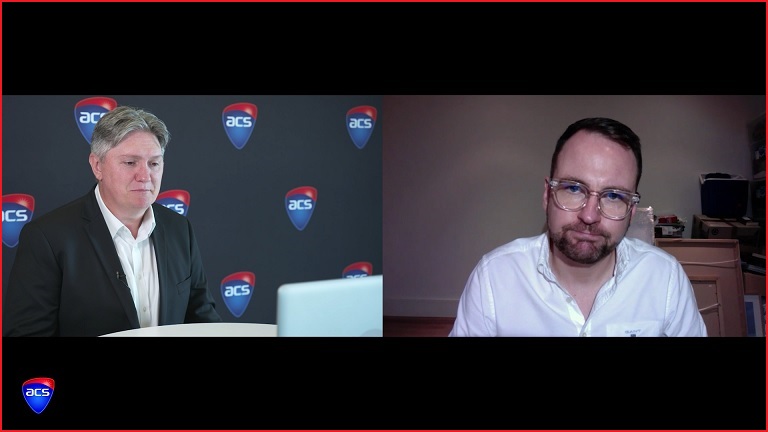Senator Andrew Bragg, chair of the Select Senate Committee on FinTech and RegTech, has revealed his intention to re-open submissions into the review.
Speaking to ACS CEO Andrew Johnson, Bragg said he always saw the work of the committee in two parts.
“The first part was to deliver an interim report that dealt with the quick wins around taxation, regulation and so on,” he said.
“And then in the longer term putting down the architecture needed to succeed on skills, on international engagement, the rules of the road right for example in relation to CDR and beyond our own borders.
“I still think that is the right framework for us but I think we need to be sensitive about the environment we are currently in we are trying to deal with a health crisis so of course the health of all of us also requires maintaining an economy.”
The inquiry was opened in September last year to explore the potential opportunities FinTech and RegTech could provide Australians, while examining the barriers for innovation in these areas.
It held six public hearings earlier this year and received more than 150 submissions from regulators, banks, FinTechs, and other stakeholders.
ACS CEO, Andrew Johnson, was called to appear at one of the inquiry’s public hearings last month.
He outlined to the committee how technology adoption could provide a $16 billion opportunity for Australian finance and insurance companies – but there needs to be more investment in technology.
“The global competitiveness of Australia’s current and future economy is being constrained by a growing imbalance between our investment in the Fourth Industrial Revolution compared to that of other nations,” Johnson continued.
“Australia’s artificial intelligence roadmap, developed recently by CSIRO’s Data61 for the Australian Government, highlighted that 14 of the world’s most advanced economies have announced over $86 billion in focused AI programs and activities over recent times. That is our competition.”
Bragg is keen to make sure the FinTech inquiry gets back on track.
He wants to re-open submissions into the inquiry to keep the ideas fresh when the normal parliamentary business returns.
When asked about the new risks COVID-19 was bringing to the Australian economy, Bragg was very focused on competition.
“We don’t want to have a marketplace of oligopolies.
“We want new ideas to come to the market and I think when you go back and look at what Ken Haynes said about the financial sector, his main message was, look, the incumbents aren’t doing such a great job, so we want to make sure we won’t lose new ideas and new entrants under the cover of COVID 19 or any other factor.”









